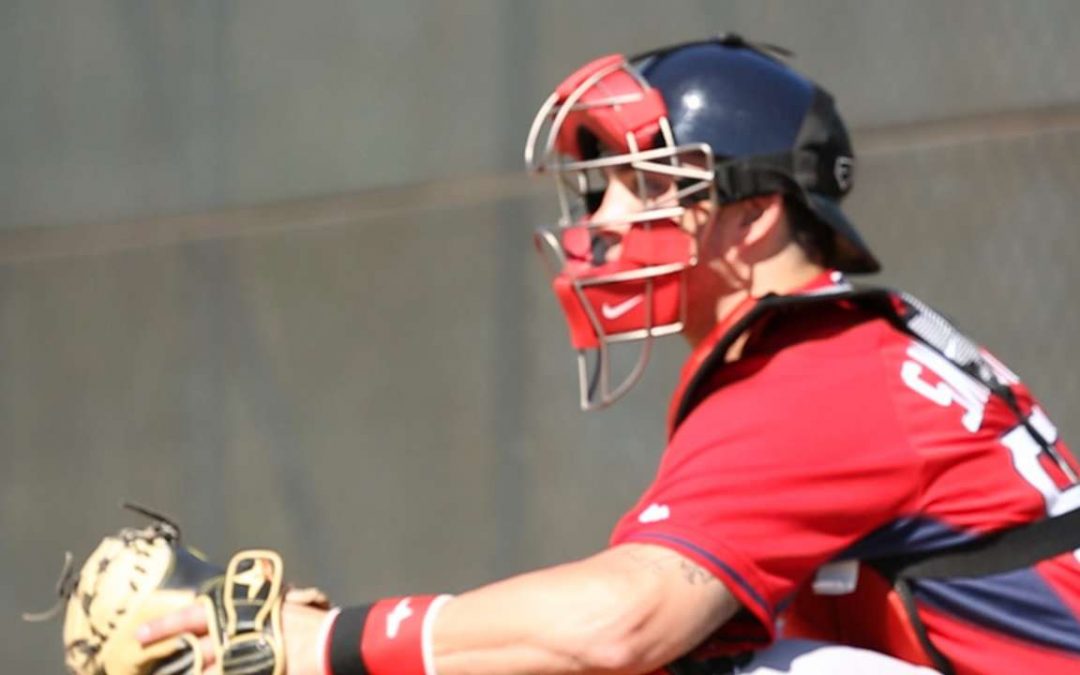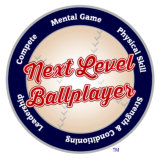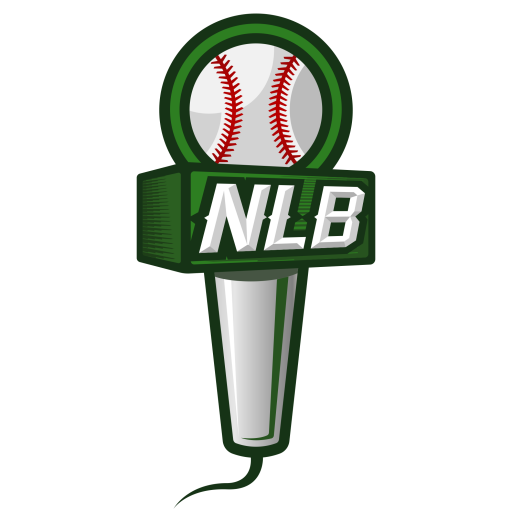
After interviewing one of the Yankees’ top prospects Mason Williams a few weeks ago, some Next Level Ballplayer followers (from Red Sox Nation) sent me a few “comments”.  They “politely” asked me to stop wasting my time with Yankee interviews, and instead, to do one with a top prospect from the Red Sox to even things out. Well, ask and you shall receive!!
They “politely” asked me to stop wasting my time with Yankee interviews, and instead, to do one with a top prospect from the Red Sox to even things out. Well, ask and you shall receive!!
Today we sit down with Red Sox top prospect Blake Swihart. Blake is a switch-hitting catcher (don’t see that very often) taken by the Red Sox right out of high school in the 1st round of the 2011 draft. A few examples of his incredible athleticism: He has been clocked at 95 mph off of a mound. He can dunk a basketball off of two feet. And he didn’t start switch-hitting or playing catcher until his junior year in high school. SoxProspects.com’s scouting report describes him as this:
“Athletic, switch-hitting catcher. Possesses fluid swings from both sides of the plate. Plus bat speed via quick, explosive hands…”
Many thanks to Blake for taking the time to sit down with Next Level Ballplayer to talk about his definition of hard work, how he clears his mind in the batter’s box, how he’s dealt with high expectations, why he refuses to wear batting gloves, his advice to ballplayers looking to make it to the next level, and more.
“At first I felt a lot of pressure in the beginning. I was trying to prove myself. I’ve had to step back and say, ‘Look, if I’m here, I just need to relax and go play and do what I do.’ Everything comes together and turns out a lot better that way. I just have to relax and take a deep breath and do what I do.” – Blake Swihart, Red Sox Prospect
1. What is one baseball-related lesson you learned early on that has led to your success today?
You have to keep doing something to get better all the time, because there’s always someone out there that is doing more than you. You just gotta get out and do the hard work whether you feel like it or not.
2. How do you define hard work? What does that mean to you?
Everyone has different definitions for hard work. To me, it’s no matter what you’re doing, you’re putting in 100 percent effort, not 50 percent of it. Every day it’s getting you out of bed with that mindset. Whatever I do, I’m doing it at 100 percent effort.
3. What’s been the most difficult adjustment to professional baseball for you?
The daily physical grind, and learning how to take care of my body every single day.
4. Any specific tips for stretching, or a warm up routine that’s helped you as you train (especially as a catcher)?
Yeah, every other day I get my hips aligned and my legs stretched out. That really helps me out.
5. Have you had to make any physical adjustments to your swing since joining the Red Sox organization?
I did have to learn how to get comfortable in the box and just relax (at the professional level). Once I figured that out, and everything started to turn around and get better. I didn’t have to make any real physical adjustments.
6. Can you walk us through your hitting routine and what goes through your mind going from the dugout to the on-deck circle, and then from the on-deck circle to the batter’s box?
Well, in the dugout, you’re just trying to look at what the pitcher has, see all his pitches, and try to see what kind of movement he has. Then when you’re on-deck, that’s when you really get your timing down. Every pitcher’s wind-up is different so you need to make sure you get it figured out in the on deck circle. Then when you’re in the box, you just clear your mind of everything and just let your ability take over. You’re not thinking, “Okay, step, rotate, swing.” You’re just doing it. Let your instincts take over and just go.
7. Do you do anything specifically to clear your mind in the batter’s box?
I just try to take one deep breath and go.
8. What’s the best piece of hitting advice you’ve ever received?
Honestly, probably just watching the Big Leaguers play. I watch them hit, and then they come in after striking out three times and have the exact same expression on their face as the last time. You know, you have over one hundred at-bats in a season, and just because you strike out three times in a row, you don’t have to let that get to you. Good at-bats will make up for it. Things will turn around. Just seeing that has helped me relax and not carry my at-bats over – not throw my helmet or do anything crazy.
9. Have there been any Big Leaguers particularly helpful in taking BP with, or even just having some helpful conversations with?
Back when I went to Fenway to take BP before I signed, Adrian Gonzalez sat me down. We talked a lot and watched some video on his swing. He had some good advice and I really enjoyed that.
10. You’re one of the few guys that don’t use batting gloves. Why is that?
I just don’t feel comfortable with them. I like to feel the bat in my hands. I’ve used them maybe once in a game because it was raining. It’s just uncomfortable for me. I feel like I can hold on fine and swing better without them.
11. Do you have a favorite hitting drill or something you like to go back to if you’re trying to get out of a slump or just struggling a bit?
Not really, because for me, if I’m in a slump, it’s not my swing, it’s usually just my timing. So I guess I don’t have a drill that I do.
12. Obviously being a top draft pick by the Red Sox comes with high expectations. How have you personally managed those high expectations, and stayed grounded?
At first I felt a lot of pressure in the beginning. I was trying to prove myself. I’ve had to step back and say, “Look, if I’m here, I just need to relax and go play and do what I do.” Everything comes together and turns out a lot better that way. I just have to relax and take a deep breath and do what I do.
13. When you’re in the box and the umpire makes a bad call or you miss a pitch you feel you should have hit, do you do anything to refocus and get locked back in?
When that happens, I take a couple steps back and reset myself. Maybe I take a couple extra swings and a deep breath to reset myself and get back into the box.
14. When you’re hitting, do you guess pitches?
I may look for fastballs or a certain location when I’m up in the count and stuff like that, but no I don’t guess pitches.
15. What’s one piece of advice you’d give to aspiring baseball players out there who want to get better?
Like I said earlier, just remember that there’s always someone else out there in the world putting in more work than you are. So if you want to be the best, get out there and do all you can.




